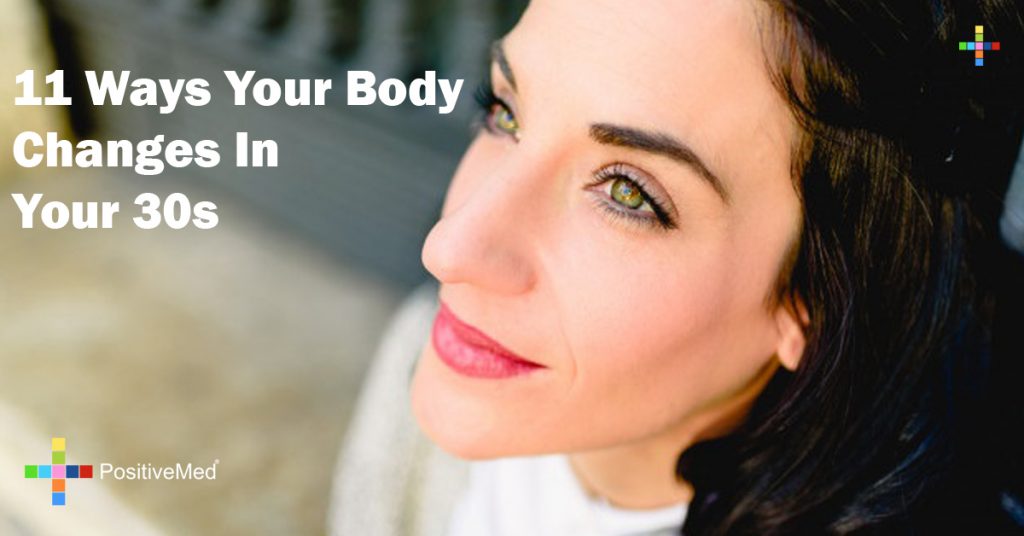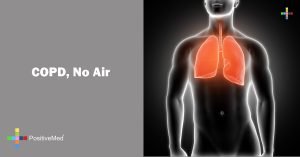
11 Ways Your Body Changes In Your 30s
It’s widely believed that the issues of middle-age don’t happen until you’re in your 40s. However, most people don’t realize that some of those issues can begin as early as their 30s. Around this age, it’s natural for some of the body’s functions to start declining, which can present in several ways.
Here are 11 ways your body changes in your 30s:
1. Onset of Wrinkles
Most people will notice a few small wrinkles during this time. These usually pop up first around the forehead, mouth and eyes. If you experience a lot of stress, they can be much more apparent.
2. Reduction in $e* Hormones
Around age 30, both men and women begin producing fewer $e* hormones. In men, this can cause a flagging libido, muscle loss, erectile problems and prostate enlargement. For women, $e* drive often increases as their natural testosterone levels out-compete their dwindling estrogen. However, it can also lead to the growth of dark facial hair, or “whiskers”, as well as changes in the menstrual cycle.
3. Slower Metabolism and Weight Gain
As your body ages, your metabolism starts slowing down, and so do you. This means that you also don’t require as much energy to fuel yourself. Many people gain weight in their 30s because they still have a 25-year-old’s appetite without the metabolism to burn it.
4. Reduced Fertility
Because $e* hormones start dropping in your 30s, so do your chances of conceiving. It’s not uncommon for people over 30 to struggle with starting a family, and many eventually turn to fertility treatments for assistance.
5. Increased Disease Risk
Virtually all of the most common diseases are age-related. Decreased immune efficiency, slower repair processes and reduced production of key hormones are a few of the suspected reasons. Once you’re in your 30s, your risks of things like heart disease, diabetes, cancer and chronic pain go up.
6. Love Handles
Many people will experience some degree of change to their body shape around this age. The gradual reduction in hormones and less effective skin repair means that skin starts losing its firmness and shape. Combined with increased body fat from a slower metabolism, this is a recipe for love handles and arm flab.
7. Hair Loss
For many men and even some women, if they’re going to develop hair loss, it will usually start happening in their 30s. It usually starts with thinning hair or a receding hairline.
8. Increased Breathlessness
Lung capacity decreases with age due to stiffening of the chest muscles. If it seems like you have to stop and catch your breath more often than years past, this is the likely culprit.
9. Changes in Eyesight
A lifetime of use and abuse really begins to take its toll on your eyes by age 30. Don’t be surprised if you at least need reading glasses by your mid 30s.
10. Weakening Bones
By the time you hit 35, your body is breaking down bone faster than it can be replaced. As you get older, this significantly increases the risk of osteoporosis.
11. Dental Health Problems
People produce less saliva as they age. This means your teeth and gums lose some of the protection it offers against bacteria and acids, making tooth decay and gum disease more likely.
The changes that come with age are a natural part of life, and they’re not always fun. However, through a healthy diet and active lifestyle, it is possible to delay these things and control your risk of many age-related diseases.





